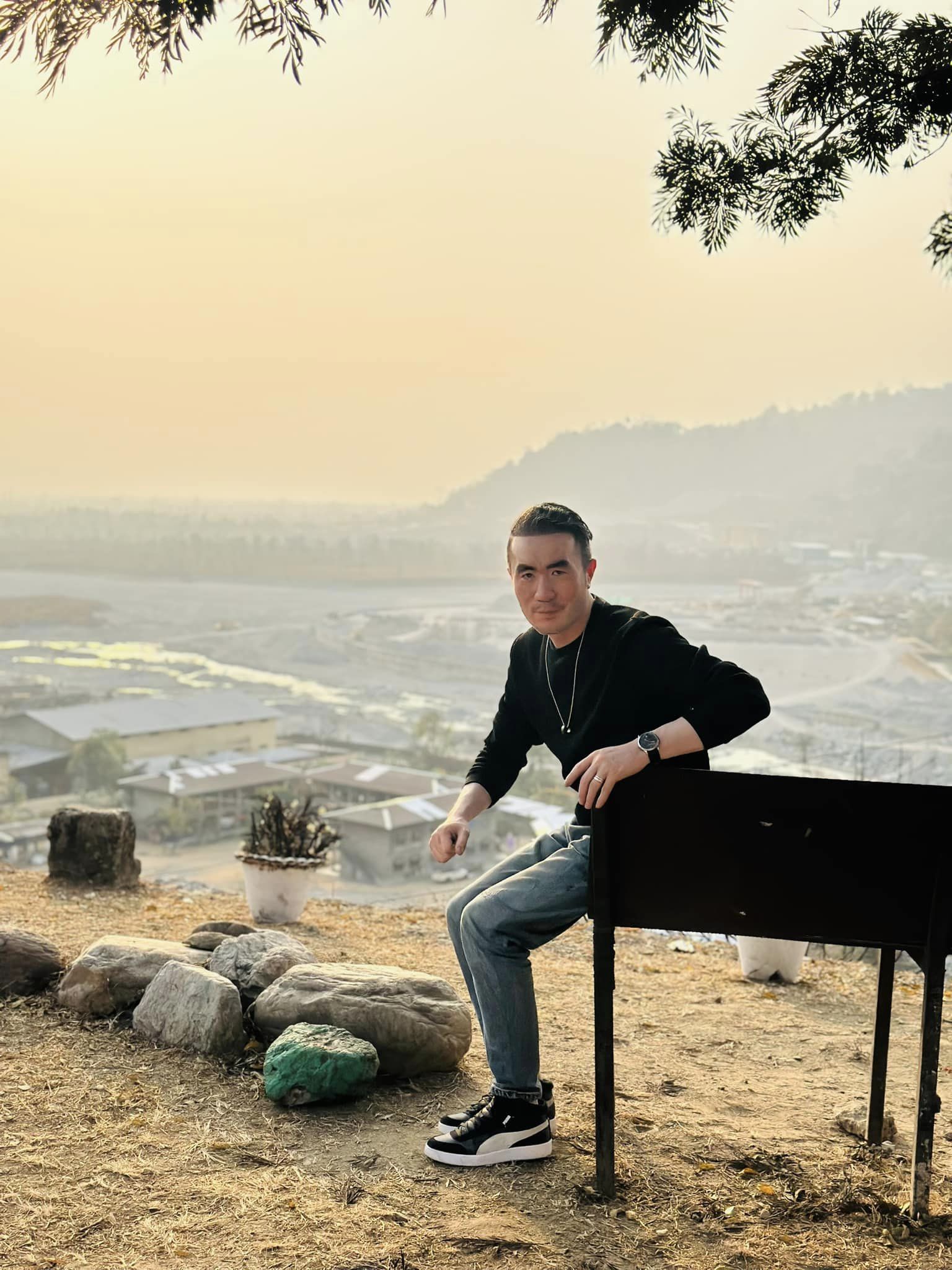+975- 17896536
bhutansevenheaven@gmail.com
Thimphu, the capital city of Bhutan, has a rich history that spans centuries. The city’s importance as the center of Bhutanese culture and governance has evolved over time, reflecting the country’s unique blend of tradition and modernity. Here’s an overview of the history of Thimphu and its role in Bhutanese culture and governance:
Early history: Thimphu’s history dates back to the 13th century when it was established as a small farming valley. Over the centuries, it grew into a strategic location for trade and commerce due to its proximity to the important trading routes between Tibet and India.
Capital status: Thimphu became the capital of Bhutan in 1961 during the reign of the third Druk Gyalpo (Dragon King), Jigme Dorji Wangchuck. Before that, the capital was located in Punakha. The shift to Thimphu was a part of the modernization efforts initiated by the king, who aimed to centralize governance and introduce reforms.
Modern development: Thimphu has undergone significant modernization and development in recent decades. While the city has embraced elements of modern infrastructure and technology, it has also carefully preserved its cultural heritage and traditional Bhutanese architecture. The juxtaposition of the old and the new in Thimphu is a testament to Bhutan’s unique approach to development, which prioritizes Gross National Happiness (GNH) over Gross Domestic Product (GDP).
Cultural significance: Thimphu remains the cultural heart of Bhutan. The city is home to several important cultural institutions, including the Tashichho Dzong (the main secretariat building which houses the throne room of the King of Bhutan) and the National Library of Bhutan, which preserves ancient texts and manuscripts. Thimphu also hosts many cultural festivals and events, such as the annual Thimphu Tshechu, a religious festival that celebrates the teachings of Guru Rinpoche, the patron saint of Bhutan.
Governance and administration: Thimphu serves as the political and administrative center of Bhutan. It houses the royal residence, various government ministries, and key administrative offices. The city plays a crucial role in the governance of the country, serving as the hub for policy-making, decision-making, and the implementation of national programs.
Overall, Thimphu’s history as the capital city of Bhutan reflects the country’s commitment to preserving its cultural heritage while embracing modernity and development. The city continues to serve as the nucleus of Bhutanese culture and governance, symbolizing the nation’s unique blend of tradition, spirituality, and progress.
Thimphu, the capital city of Bhutan, offers a unique and enriching experience for a wide range of travelers. While the city is known for its rich cultural heritage, stunning landscapes, and traditional way of life, it particularly appeals to the following groups of people.
Thimphu, the capital city of Bhutan, is a vibrant and culturally rich destination that offers a variety of attractions and must-visit places for travelers. Here are some of the top attractions and must-see places in Thimphu:
Tashichho Dzong: This impressive fortress-monastery serves as the seat of the Bhutanese government and is also an important religious site. It is known for its stunning traditional Bhutanese architecture and serves as the summer residence of the central monastic body.
National Memorial Chorten: Built in memory of the third King of Bhutan, the National Memorial Chorten is a prominent landmark in Thimphu. It is a sacred site for prayer and meditation, attracting both locals and visitors alike.
Buddha Dordenma: One of the largest Buddha statues in the world, the Buddha Dordenma is a majestic statue that overlooks the Thimphu Valley. It is a significant religious and cultural symbol, representing peace, happiness, and prosperity.
Folk Heritage Museum: This museum provides insight into traditional Bhutanese rural life and showcases various aspects of the country’s rich cultural heritage. Visitors can learn about Bhutanese customs, traditions, and daily life through various exhibits and displays.
Simtokha Dzong: Located just outside Thimphu, Simtokha Dzong is one of the oldest fortresses in Bhutan. It is known for its intricate and detailed wall paintings, as well as its unique architecture that reflects the country’s historical and cultural significance.
Changangkha Lhakhang: This ancient temple is a significant religious site in Thimphu, known for its stunning location and panoramic views of the city. It is a popular destination for locals and visitors seeking blessings and spiritual guidance.
The Textile Museum: Dedicated to the art of traditional Bhutanese weaving, the Textile Museum offers a comprehensive understanding of Bhutanese textile traditions, showcasing various weaving techniques, designs, and historical textiles.
Weekend Market: The vibrant Weekend Market in Thimphu is a bustling hub where locals gather to sell fresh produce, local crafts, and a variety of goods. It is a great place to immerse yourself in the local culture and experience the lively atmosphere of a traditional Bhutanese market.
These attractions and must-visit places in Thimphu provide a glimpse into the rich cultural heritage, spirituality, and natural beauty that define the unique character of Bhutan’s capital city.
Here is some general information about the typical operating hours of some of the main attractions in the city. However, please note that these hours can vary based on the season, special events, or other factors. It is always advisable to check the official websites or contact the attractions directly for the most accurate and updated information. As for the Department of Tourism, their hours can also vary, but typically they are open during regular office hours from Monday to Friday. Here is a general guideline for some main attractions in Thimphu:
It’s important to note that the government’s policy aims to promote high-value, low-impact tourism in Bhutan, and the daily tariff is designed to ensure sustainable tourism development and the preservation of Bhutanese culture and heritage. Travelers are advised to plan their trip through a licensed tour operator, who can provide detailed information on the costs and help arrange a comprehensive itinerary based on individual preferences and budget considerations.

your happiness is our priority